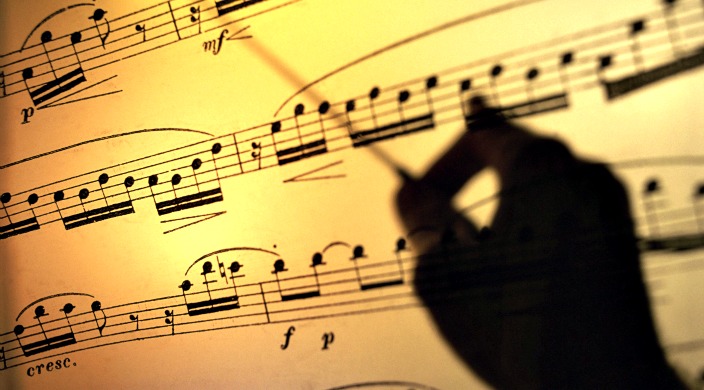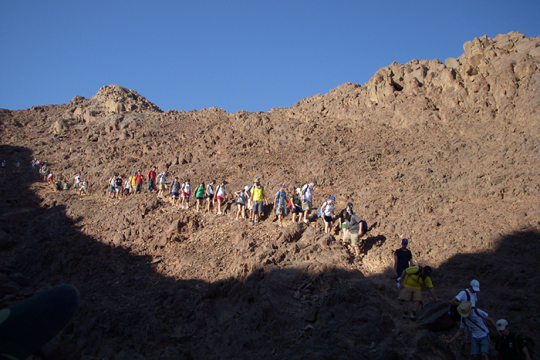
Ever get an earworm, a song that keeps popping into your head again and again?
It’s bound to happen – in a good way – at the North American Jewish Choral Festival, where the musical pieces are precious gems of our Jewish heritage. Once learned, they become part of your memory bank that can be called to mind at any time, reframing mundane moments into meaningful experiences.
Last month I was fortunate to attend the festival, in upstate New York, where we subsisted on a banquet of Jewish choral music, including the works of contemporary and classical composers. This year, there was special emphasis on the works of two beloved Israeli composers who passed away in 2014: Yehezkel Braun, who created many choral works based on traditional Hebrew texts, and Gil Aldema, who wrote numerous arrangements of cherished Israeli melodies, including Naomi Shemer’s "Yerushalayim Shel Zahav" (“Jerusalem of Gold”).
A delightful element of the festival were workshops and a concert featuring the music of Flory Jagoda, a composer and performer of Sephardic music and the recipient of this year’s Hallel V’Zimrah Award for her contribution to the world of Jewish music. Born into a musical family in Bosnia in 1923 and reared on the melodies of her Nona (Grandma), Jagoda relayed how her singing, and accordion- and guitar-playing, helped her avoid trouble and support her family during World War II. She came to the United States as a war bride and, years later, resumed performing and teaching the music of her heritage, earning her a NEA National Heritage Fellowship. Still vital at the age of 91, Jagoda graced festivalgoers with passionate singing and accordion playing in a concert with members of her family and friends.
The festival also provided ample opportunities for participants to learn new disciplines, enhance their skills, and sing loads of new repertoire, all part of a packed daily schedule:
- Daily community sings: Nearly 375 attendees gathered every morning to read through, learn, and record three to four new pieces of music from contemporary composers like Elliot Z. Levine to arrangements of Yiddish classics by Binyumen Schaechter. Working with conductors such as Joyce Rozenzweig, Natasha Hirschhorn, and Nick Page gave us a sense of the different approaches to learning new music quickly.
- Instant ensembles: During daily rehearsals, we learned three pieces for a performance at the end of the festival. That meant not only mastering the notes and lyrics (usually in languages other than English), but also honing the finer musical points – dynamics, phrasing, and interpretation. Quite a challenge!
- Evening concerts: Nightly, we were treated to performances by Jewish choirs and groups from throughout North America – the Jewish People’s Philharmonic Chorus, Congregation Beit Simchat Torah Community Chorus, Tizmoret, the HaZamir Chamber Choir, the acclaimed Western Wind Vocal Ensemble, the renowned Zamir Chorale, and more!
- Workshops and seminars: Each afternoon, attendees chose from nearly 15 workshops on various topics, including chazanut (cantorial singing) for the female voice, conducting an interfaith service, and the works of composers such as Yehezkel Braun.
Once again this year, the festival was a great success. Even with full days and nights, my fellow attendees and I still found time to relax in the shade, take a stroll up a country lane, and meet and chat with other choir singers – often active temple volunteers – drawn together by their love of creating and experiencing terrific music.
I’m already looking forward to next year!


